Game Development (MFA)
Game Development (MFA)
The MFA Game Development program allows students to further their careers by synthesizing traditional art and design fundamentals with today’s groundbreaking technologies. Students level up their skill through hands-on prototyping of game mechanics and art creation, followed by creating a thesis project and an industry-quality portfolio.
AAS MAMaster of Arts (MFA) Degree
Available Online & On Campus
Major Classes


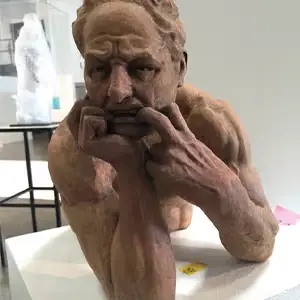

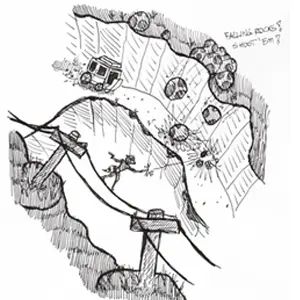

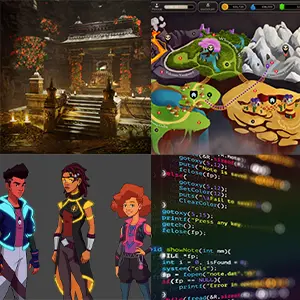

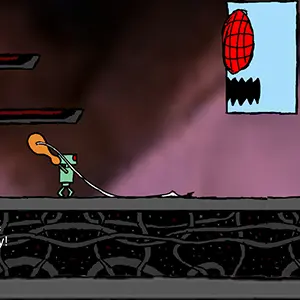
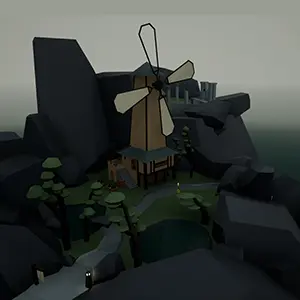
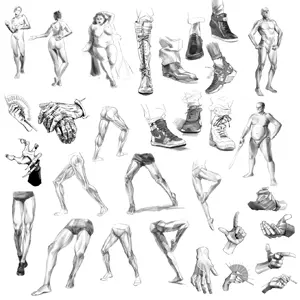



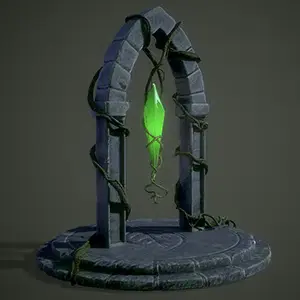




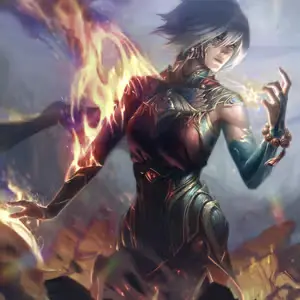

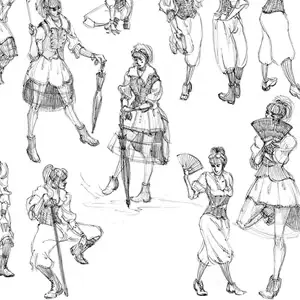

Unit Requirements
| Major Coursework | Units |
|---|---|
| Major Coursework | 30 |
| Directed Study | 18 |
| Electives | 6 |
| Graduate Liberal Arts | 9 |
| Total | 63 |
Degree Requirements
MFA GAME DEVELOPMENT DEGREE REQUIREMENTS
- Successful completion of Final Thesis Project.
- Minimum grade of C in all required 63 units.
- Minimum 2.0 cumulative GPA and the following Academic Study requirements:
1 Art Historical Awareness & Aesthetic Sensitivity course
1 Cross Cultural Understanding course
Additional Information
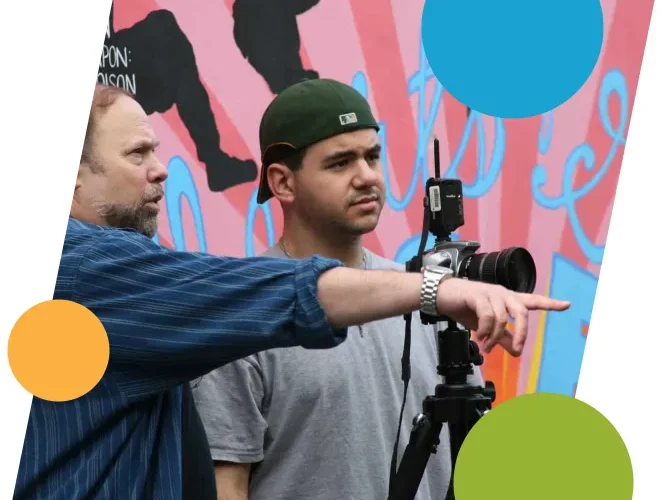
Program Learning Outcomes
Graduate students will meet the following student performance criteria:
MFA Thesis Project
- Present a feasible thesis concept appropriate for an MFA degree
- Create a thesis project that demonstrates a professional-level achievement in specialty
Visual Communication
- Critically evaluate the aesthetics, meaning and effect of imagery
Technology
- Demonstrate mastery of the tools and technology related to area of specialty
Presentation Skills
- Present their ideas and solutions in a visually compelling cogent manner using industry standard vocabulary and professional quality presentation materials
Critical Thinking & Problem Solving
- Research and generate workable solutions under a deadline
Professional Readiness
- Produce a professional demo reel or portfolio which meets industry standards
- Work cooperatively and effectively in a production environment
Specialty Skills: Game & Level Design
- Communicate abstract ideas using game design documents and 2D maps
- Create playable games with 3D technology
Specialty Skills: Environment Modeling
- Translate visual research and reference to create 3D environments in which models, texture and light demonstrate a thorough understanding of organic, architectural, and industrial form
Specialty Skills: Character Modeling
- Translate visual research and reference to create, sculpt, model and texture in three dimensions that demonstrate a thorough understanding of human, zoological anatomy, and appropriate for the artistic style of the project
Specialty Skills: Concept
- Follow an industry-standard process, from thumbnails through final render to generate concept designs
- Apply visual research to Concept art
- Demonstrate an understanding of movement, proportion, and functionality of designs through effective orthographic or perspective drawings
Academy of Art University Learning Outcomes
Graduates of the Academy of Art University will demonstrate the ability to:
- Produce a body of work suitable for seeking professional opportunities in their chosen field of art and design.
- Solve creative problems within their field of art and design, including research and synthesis of technical, aesthetic, and conceptual knowledge.
- Communicate their ideas professionally and connect with their intended audience using visual, oral, and written presentation skillsrelevant to their field.
- Execute technical, aesthetic, and conceptual decisions based on an understanding of art and design principles.
- Use professional terminology to evaluate their work and work in the field.
- Recognize the influence of major cultural and aesthetic trends, both historical and contemporary, on art and design products.
- Learn the professional skills and behaviors necessary to compete in the global marketplace for art and design
- Engage with a variety of communities beyond the classroom through internship opportunities, study abroad programs, athletics, student interest clubs, and participation in collaborative, civic, and pro bono projects.
*Semester plans are subject to change at any time. Semester breakdowns displayed are suggested and additional options are available to help customize your educational experience. Speak to an admissions or student services representative for more information. Please see our catalog for more details at: https://catalog.academyart.edu